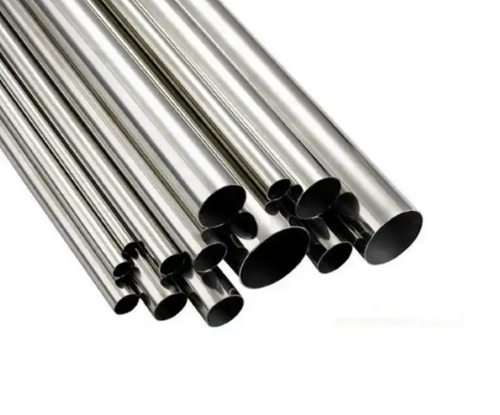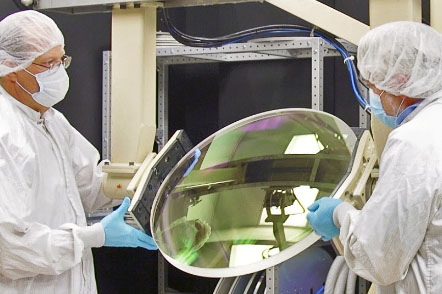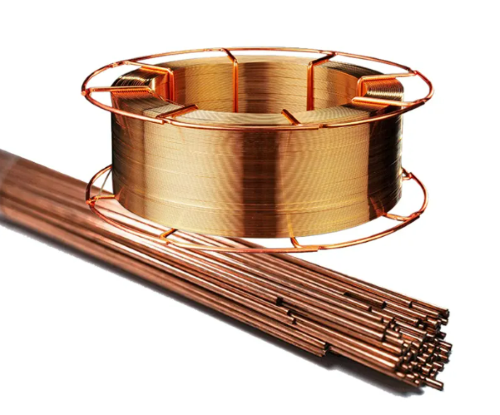Six Strategic Metals Widely Used in the Military Industry
Magnesium
Magnesium has a reputation as a "defense metal". Magnesium is one of the lightest structural metal materials, which has the advantages of higher specific strength and specific stiffness, good damping, and cutting. Magnesium is an essential structural material for the production of spacecraft, military aircraft, missiles, high-mobility vehicles, and ships, and it is widely used in manufacturing flares and incendiary bombs because of its high heat and light when it burns.
Titanium
Titanium alloy has good heat resistance strength, low-temperature toughness, and fracture toughness, so it is often used as aircraft engine parts and rocket and missile structure. Titanium alloys can also be used as fuel and oxidizer storage tanks and high -pressure vessels, and are very useful in the aerospace industry. The new warplanes and armored vehicles of the U.S. military have also begun to use titanium products in large numbers.

Rhenium
Rhenium is mainly used in the production of aero-engine blades, high-precision equipment such as the gyroscope, synthesis of high-octane gasoline, and about 80% of the world's rhenium is used in the production of aviation engines. Rhenium is used for high-temperature coating on rockets and missiles. Rhenium is needed for spacecraft instruments and high-temperature components such as thermal shielding, arc discharge, and electrical contractors.
Molybdenum
Nonferrous alloys, which are made of molybdenum and other elements, were widely used in the manufacture of weapons in the early 20th century. Modern high-precision equipment has a high demand for materials such as molybdenum and tungsten, chromium, and vanadium alloys used to build alloy components and components for warships, rockets, and satellites.
Tungsten
Tungsten is known as "industrial tooth", mainly used in the manufacture of hard alloy, special steel, and other products, and is widely used in the defense industry, aerospace, information industry, and so on. The alloys made of tungsten and other molten metals (tantalum, niobium, molybdenum, rhenium) can be used as hot materials.
Uranium
Uranium is the most familiar or unfamiliar military metal. Nuclear reactors need only 3%~5% U-235. But if nuclear weapons are to be produced, the concentration of U-235 must be at least 90%. The high concentration (more than 90%) of uranium 235 is mainly used to make nuclear weapons, followed by uranium 238, which is an important material for making plutonium for nuclear fuel.



